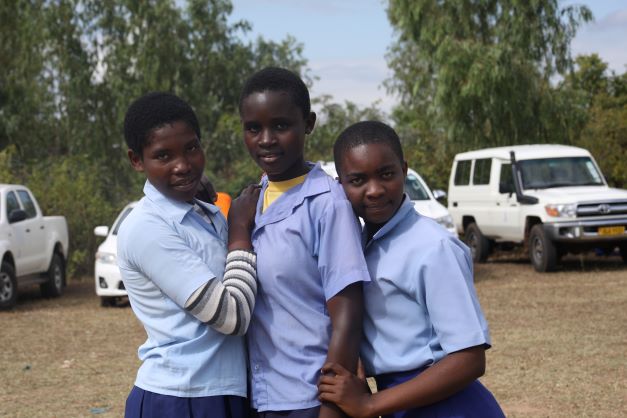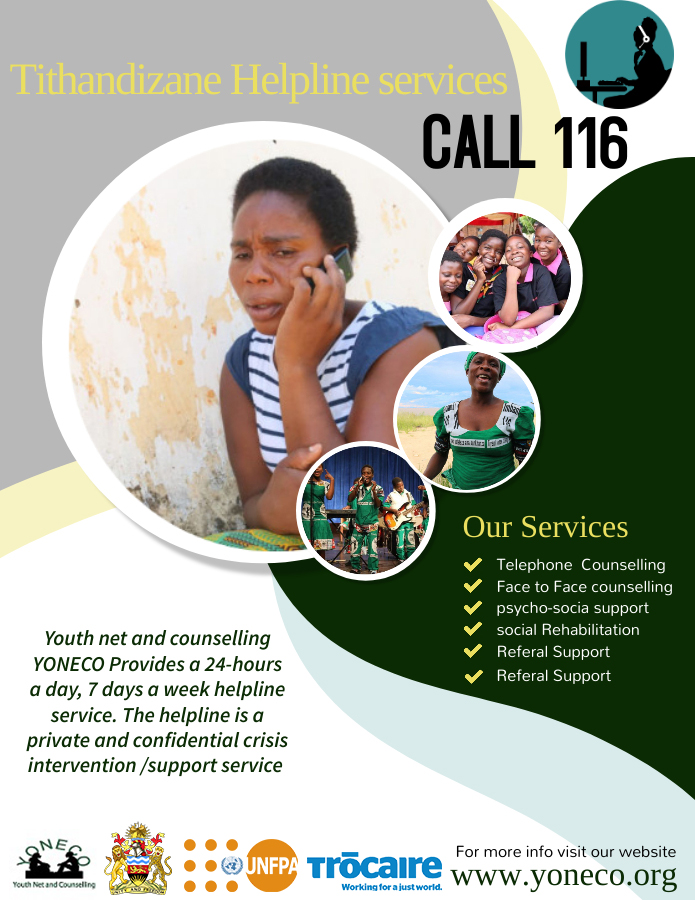School related Gender-Based Violence (GBV) has the potential to significantly affect learners’ well-being and performance. It reinforces gendered stereotypes present in society and includes a variety of behaviors such as sexual violence and harassment, corporal punishment and bullying. Schools do not exist in social isolation from their communities.
Gender inequalities, violence in homes and societal norms are often reflected in GBV and other abuse-related incidences at school. These behaviors or practices contribute to high school dropout rates among girls which force others to enter into child marriages as the environment becomes non conducive and unfriendly for learning.
The introduction of capacity building sessions to mother groups and school councils which YONECO provided to these structures in the area of Traditional Authority (T/A) Kaphuka, Kachere and Chilikumwendo in Dedza district through funding from UNFPA have seen schools developing a systematic reporting and referral mechanisms that monitors and responds to incidences of school related GBV.
The schools ensure that learners specifically girls, who are victims or at risk of violence, are appropriately supported and have access to child and adolescent friendly services. Both mother groups and leaners are proactive in the creation of a learning environment that are GBV free where girls and boys are empowered to protect themselves and counter harmful social norms and practices in their communities.
The interventions reduce the prevalence of school related gender-based violence and dropout rates in the process. This has encouraged 23 teen mothers and adolescent girls to return back to school. YONECO, through Action for Teen Mothers and Adolescent Girls’ project, is working with communities and schools from three education zones of Maonde in T/A Kachere, Mthandiza in T/A Kaphuka and Katewe in T/A Chilikumwendo.


